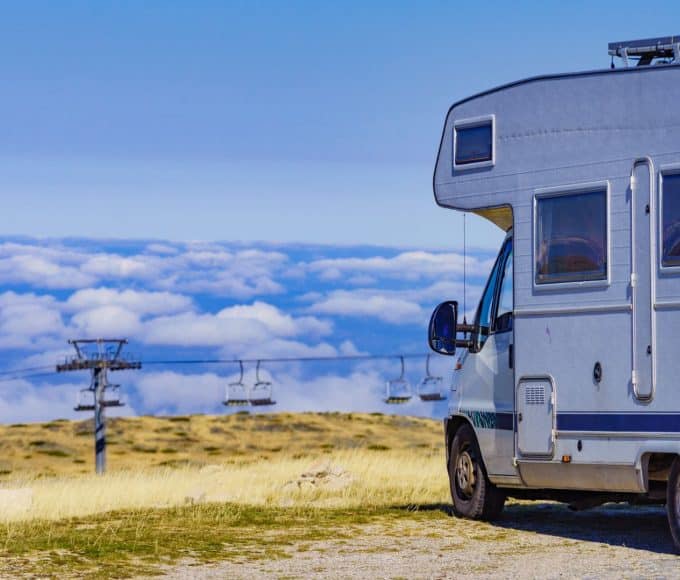Traveling can come with its fair share of troubles. Being prepared is the best thing you can do for yourself and your vacation. Whether it be emergencies or theft, having a game plan ahead of time can save you some time and trouble. Researching before you leave, as well as talking to some locals is generally a good idea. Overall, being aware of what your trip can bring will keep your trip as care free as possible
Keep In Touch With Friends and Family
 While on vacation, talking with friends and family is of the utmost importance. For extended trips, it can help you keep in touch with what is going on back home. On shorter trips, it can help you disregard any bought of homesickness you might encounter.
While on vacation, talking with friends and family is of the utmost importance. For extended trips, it can help you keep in touch with what is going on back home. On shorter trips, it can help you disregard any bought of homesickness you might encounter.
Now that free Wi-Fi is commonplace in most public places in urban cities, video chatting and emails are easier than ever to utilize in talking to people back home. Prepaid phone cards and cell phones are also useful, inexpensive, and secure ways to communicate.
Be Prepared For The Worst
Having some sort of emergency plan while away from is always a good idea. Being in an unfamiliar place can sometimes produce unexpected difficulties. Tourists are generally easy targets for pick pockets and petty thieves. Having your vital belongings (credit cards, ID/passports, etc.) securely stowed with you at all times is necessary.
Keep in mind the natural dangers that coincide with your destination. Heavy rains, volcanoes, frequent earthquakes and other occurrences can affect your trip. Having the idea in the back of your mind can benefit you in a rare emergency.
Pack As Little As Possible
Packing light can only help you. Avoiding baggage fees is often avoided with smaller luggage. No one wants an unsuspected charge before they even go on vacation. Less baggage eases the tribulations of travel. There’s not so much to carry to and from the hotel, and you’ll have general peace of mind throughout your trip. Bringing less also means there’s less to lose if the chance that your luggage gets lost or stolen arises.
Talk To The Locals
If you are unsure of your destination, speak with the locals. They have the best insider knowledge of the area, and can help you find places that you could have never found on your own. If you have any problems, locals can generally lend a helping hand with whatever it is you need. Having a friend who lives in the area also comes in handy.
Before your trip, you can ask them about fun things to do, or good places to stay during your trip. During your stay, they can offer themselves as a tour guide. Locals offer an array of knowledge when it comes to their area, and will ultimately serve as one of your most useful travel tools.
Research Before You Go
Looking up credible information about your destination is vital. Knowing what to expect can often avoid any mishaps that may have occurred. If going out of the country, researching banks that are affiliated with yours is useful as it will avoid conversion fees. You’ll also save time that you would have spent looking for certain places by knowing where they already are. Research can also help you avoid dangers, such as unsatisfactory areas of your destination, which will keep you out of unwanted trouble.
Use Cash
Using cash is beneficial in two ways. The first is that you will be more aware of what you spend, and how much you have remaining. Using credit or debit cards is like using ‘funny money’ or money that is in a way imaginary. Cold hard cash is more concrete and when it’s gone, it’s gone. Cash also prevents unknown charges to from your bank.
If visiting a foreign country, charging to your card can ultimately stick you with lofty charges that you didn’t even know about. Since carrying large amounts of cash around with you is dangerous, researching what foreign banks don’t charge your bank a conversion fee can save you some spare change at the ATM.
Learn A Little Bit Of The Language
For those going overseas, learning common phrases from the region you are visiting is extremely useful. Although most people in the world now speak English, it is always welcomed when a tourist can converse in the native tongue. If perhaps you do run into someone who doesn’t speak English, you’ll have an arsenal of phrases that will help you through your travels.
Having some kind of plan for your trip will always be essential. It can save you time, money, and your sanity. Prior knowledge is a good tool to have as well. Knowing what to expect before you even get there gives you an advantage. Keeping these tips in mind will ultimately make your next trip smooth and easy.
Author Mary Stewart works in the telecommunications industry and writes for NobelCom, the pioneer of online prepaid phone cards and a variety of other services such as international phone cards.














